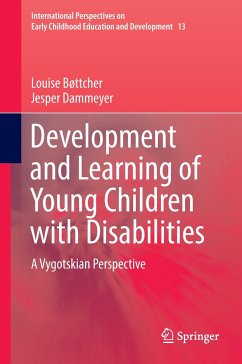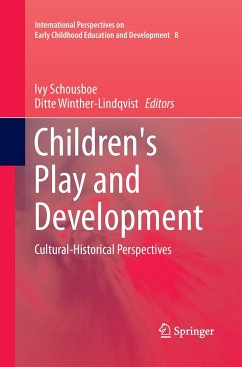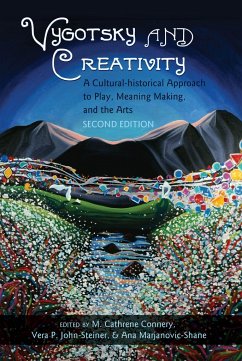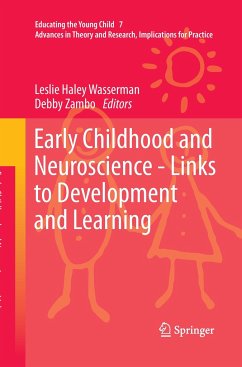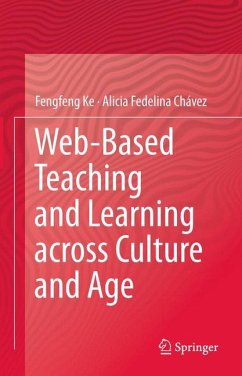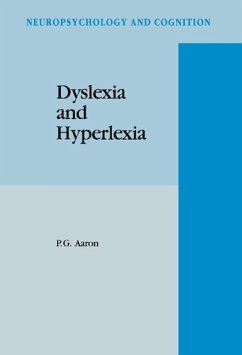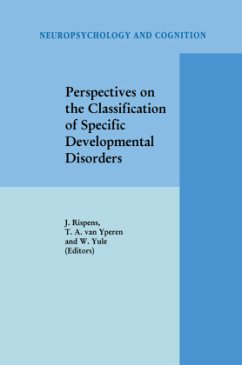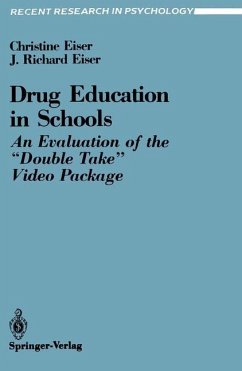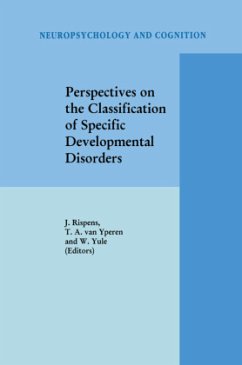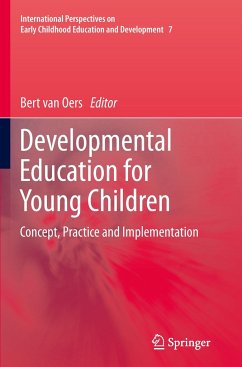
Developmental Education for Young Children
Concept, Practice and Implementation
Herausgegeben: Van Oers, Bert
Versandkostenfrei!
Versandfertig in 6-10 Tagen
76,99 €
inkl. MwSt.

PAYBACK Punkte
38 °P sammeln!
Developmental Education is an approach to education in school that aims at promoting children's cultural development and their abilities to participate autonomously and well-informed in the cultural practices of their community. From the point of view of Cultural-historical Activity theory (CHAT), a play-based curriculum has been developed over the past decades for primary school, which presents activity contexts for pupils in the classroom that create learning and teaching opportunities for helping pupils with appropriating cultural knowledge, skills, and moral understandings in meaningful wa...
Developmental Education is an approach to education in school that aims at promoting children's cultural development and their abilities to participate autonomously and well-informed in the cultural practices of their community. From the point of view of Cultural-historical Activity theory (CHAT), a play-based curriculum has been developed over the past decades for primary school, which presents activity contexts for pupils in the classroom that create learning and teaching opportunities for helping pupils with appropriating cultural knowledge, skills, and moral understandings in meaningful ways. The approach is implemented in numerous Dutch primary schools classrooms with the explicit intention to support the learning of both pupils and teachers. The book focuses especially on education of young children (4 - 8 years old) in primary school and presents the underpinning concepts of this approach, and chapters on examples of good practices in a variety of subject matter areas, such as literacy (vocabulary acquisition, reading, writing), mathematics, and arts. Successful implementation of Developmental Education in the classroom strongly depends on dynamic assessment and continuous observations of young pupils' development. Strategies for implementation of both the teaching practices and assessment strategies are discussed in detail in the book.



